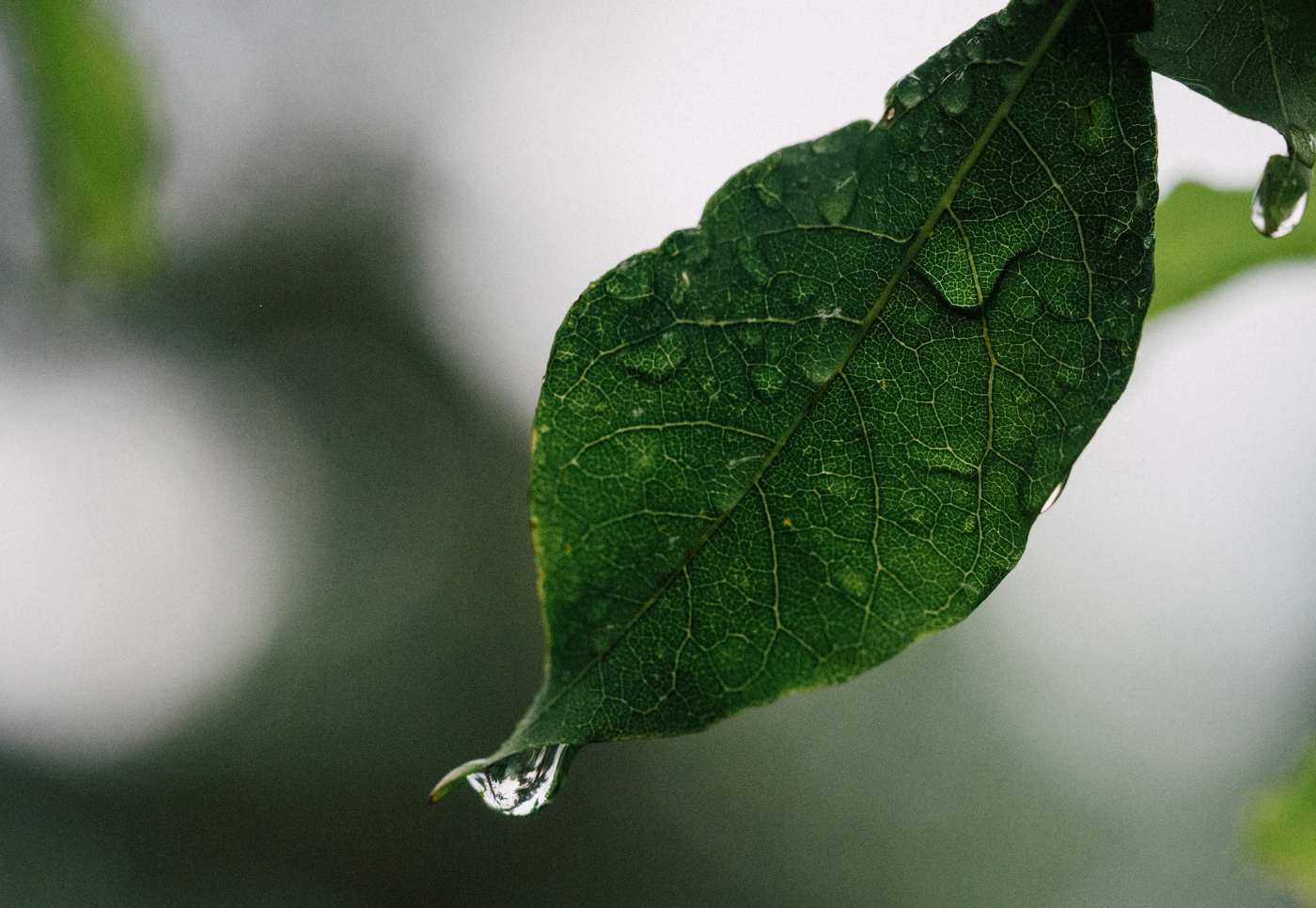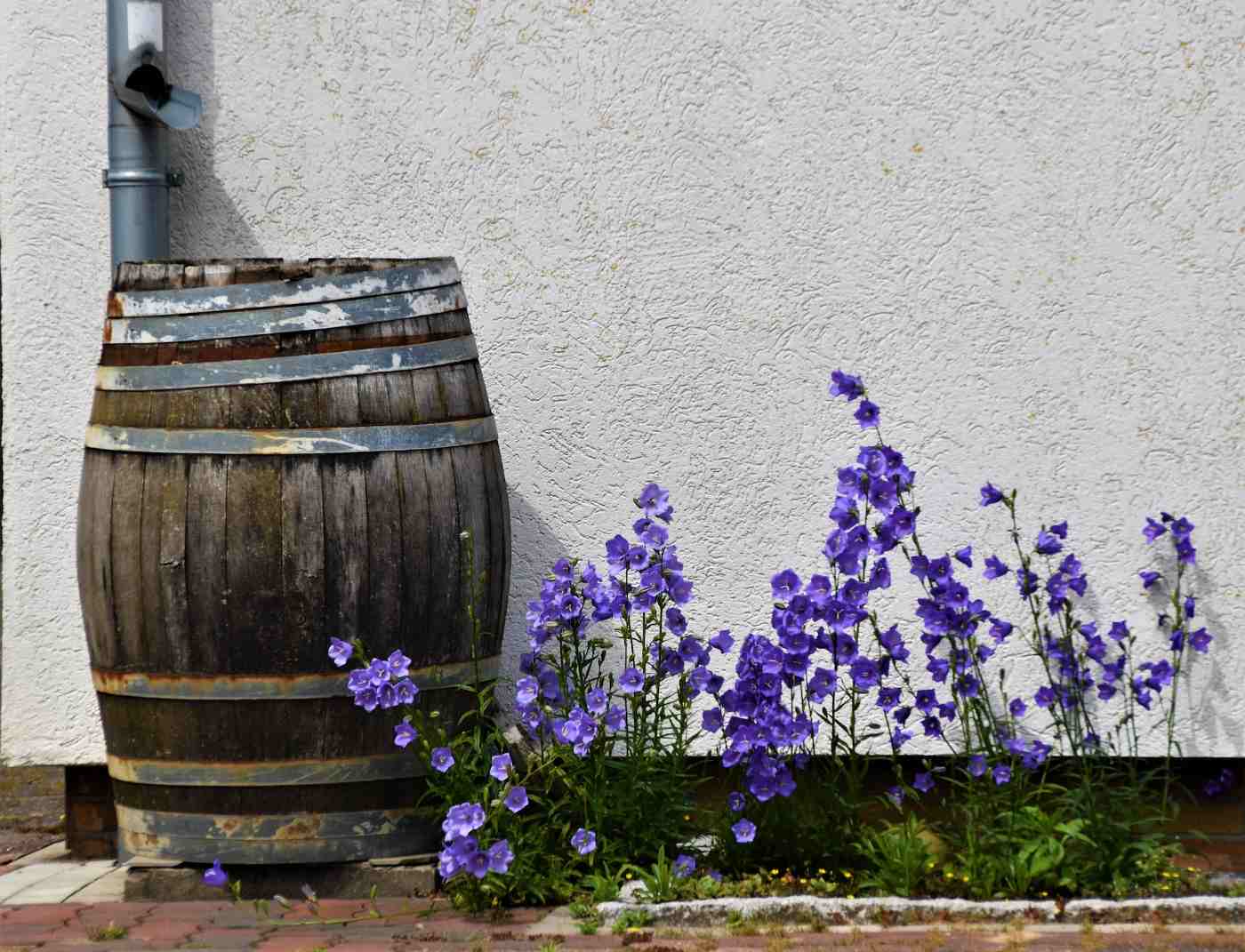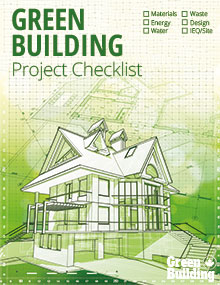As the world becomes more and more populated, it’s essential that we find new ways to conserve our resources. One way to do this is by using rainwater systems to collect and store rainwater for use in our homes.
While there are many benefits to using these systems, there are also a few drawbacks that you should be aware of before making the decision to install one. In this article, we will discuss the good and the bad sides of home rainwater harvesting systems.
How Does Rainwater Collection Work?
There are a few different ways to collect rainwater, but the most common method is to install a rain barrel that collects and stores the water that runs from your gutters and downspouts.
Rain barrels can be installed easily and don’t require a lot of maintenance. Once this system is in place, the water can be used for a variety of purposes, including watering your garden, washing your car or any other outdoor needs.
When you use rainwater for these purposes, you’re not using fresh water from your tap, which conserves this valuable resource. These systems can be used in both urban and rural areas, making them a great option for everyone.
What Are the Drawbacks of Using Rainwater?
Although there are many benefits to using rainwater, there are also a few drawbacks that you should be aware of. One of the first things you should consider is how reliable your area is when it comes to rainfall. While it may be easy to collect rainwater in the wetter seasons, dry spells can leave your water storage low.
One of the biggest drawbacks is that rainwater can be contaminated with bacteria and other pollutants. This means that it’s important to avoid giving it to pets and to keep an eye on your plants for any problems with disease.
Another potential problem with using rainwater is that it can cause problems with your home’s foundation if it’s not collected properly. When rainwater seeps into the ground too close to the house, it can cause damage to your foundation. This can eventually lead to cracks or even collapse.
If you opt for a system more complicated than a rain barrel, then another potential drawback could be cost. Installing an intensive rainwater collection system could become expensive, especially if you need to upgrade your gutters or buy a large storage tank.
Larger rain catchment systems require a few technical skills to set up and maintain properly. If you don’t feel comfortable completing the installation yourself, you may have to hire a professional, which can add to the cost.
What Are the Benefits of Using Rainwater?
There are many benefits to using rainwater around your home. Perhaps the most obvious benefit is that it can save you money on your water bill. Rainwater is also much better for your plants than tap water, as it contains organic material and nutrients that plants need.
And if you live in an area with frequent droughts, rainwater harvesting can give you a way to keep watering your garden even when there are watering bans on.
Plants Grow Better with Rainwater

As we mentioned before, rainwater is much better for your plants than tap water. This is because it doesn’t contain any chemicals that can be harmful to plants.
In addition, rainwater has a neutral pH which is ideal for most plants and it is also a great source of nitrogen, which is an essential nutrient for plants. Therefore, expect your plants to grow healthier and faster when you water them with rainwater.
Reduce Soil Erosion
Another benefit of using rainwater is that it can help to reduce soil erosion. This is because water is collected rather than running down driveways and across lawns. To read more about soil erosion, check out Surefire Strategies For Greener Landscaping.
Runoff is a major problem in many areas, as it can wash away topsoil and overflow storm drains. You will notice that after heavy rain, the water running off your roof is much dirtier than the water that’s seeping into the ground. This is because pollutants from your roof are being washed away by the runoff.
When that polluted water overruns storm sewers, it can end up in local waterways, harming aquatic ecosystems.
Resilience to Drought
If you live in an area that is prone to droughts, using rainwater can help to make your home more resilient to these conditions. This is because you will have a source of water that isn’t dependent on the municipal water supply.
Of course, you will need to store enough rainwater to get you through a drought, but this is often much easier than people think. With careful management, a single rain barrel can go a long way!
Save Money on Water Bills
When you use rainwater for tasks such as watering your garden or washing your car, you are not using fresh water from your tap. This can save you a significant amount of money on your water bill over time.
Using your own collected water can get you around any premiums your utility company charges for time-of-day usage. Plus, if you live in an area with drought concerns, using rainwater can help to alleviate some of the strain on local water supplies.
Make Sure You Have a Quality Rainwater Collection System
As you can see, there are many benefits to using rainwater around your home. However, it’s important to make sure that you have a quality rainwater collection system.
Most of us have relied on the water from outdoor taps for many years, which means we’re used to things like hoses having a certain amount of pressure and fixtures that seldom need any routine maintenance. Having a rainwater catchment system that’s easy to use and that lasts a long time without needing repairs will make the shift to a rainwater system much smoother.
So, What’s the Verdict?
If you’re considering installing a rainwater system for your home, it’s important to weigh the pros and cons before making a decision. While there are many benefits to using rainwater, there are also a few potential drawbacks that you should be aware of.
However, if you do the necessary planning, using rainwater around your home can be a great way to save money and conserve water.
Now that you know a bit more about the pros and cons of utilizing rainwater around your home, it’s time for you to do some research to see if this is the right fit for your family.
Feature image: Waldemar Brandt; Image 1: Aaron Burden


